DESMOPRESSIN - ORAL
PHONETIC PRONUNCIATION: (DES-moe-PRES-in)
COMMON BRAND NAME(S): DDAVP
GENERIC NAME(S): desmopressin acetate
Uses
USES: Desmopressin is used to control the amount of urine your kidneys make. Normally, the amount of urine you make is controlled by a certain substance in the body called vasopressin. In people who have "water diabetes" (diabetes insipidus) or certain kinds of head injury or brain surgery, the body does not make enough vasopressin. Desmopressin is a man-made form of vasopressin and is used to replace a low level of vasopressin. This medication helps to control increased thirst and too much urination due to these conditions, and helps prevent dehydration. Desmopressin is also used to control nighttime bedwetting in children. It reduces how often your child urinates and decreases the number of bedwetting episodes.
How to use DESMOPRESSIN - ORAL
HOW TO USE: For the treatment of diabetes insipidus, take this medication by mouth, usually 2 to 3 times a day or as directed by your doctor. For the treatment of bedwetting, take this medication by mouth, usually once a day at bedtime. Children should limit the fluids they drink after dinner, especially 1 hour before the desmopressin dose until the next morning, or at least 8 hours after the dose. If your child wakes up during the night, limit the amount that he or she drinks. All patients taking desmopressin, especially children and older adults, must limit drinking of water and other fluids. Consult your doctor for details. If you find that you are drinking more fluids than directed, tell your doctor right away. Your treatment will need to be adjusted. (See also Side Effects and Precautions sections.) Dosage is based on your medical condition and response to treatment. Do not take more desmopressin or take it more often than prescribed. Take this medication regularly to get the most benefit from it. To help you remember, take it at the same time(s) each day. Tell your doctor if your condition does not improve or if this medication stops working well.
Side Effects
Precautions
Interactions
Overdose
Images
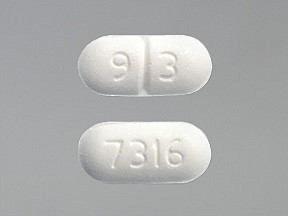
- color
- white
- shape
- oblong
- imprint
- 9 3, 7316
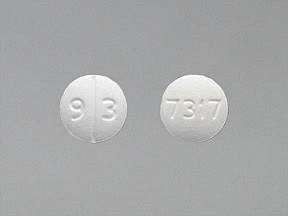
- color
- white
- shape
- round
- imprint
- 93, 7317
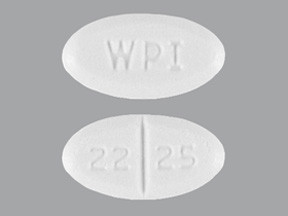
- color
- white
- shape
- oblong
- imprint
- WPI, 22 25
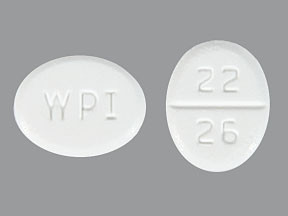
- color
- white
- shape
- oblong
- imprint
- WPI, 22 26

- color
- white
- shape
- oblong
- imprint
- WPI, 22 25

- color
- white
- shape
- oblong
- imprint
- WPI, 22 25

- color
- white
- shape
- oblong
- imprint
- WPI, 22 26

- color
- white
- shape
- oblong
- imprint
- WPI, 22 26
Reviews
Disclaimer
IMPORTANT: HOW TO USE THIS INFORMATION: This is a summary and does NOT have all possible information about this product. This information does not assure that this product is safe, effective, or appropriate for you. This information is not individual medical advice and does not substitute for the advice of your health care professional. Always ask your health care professional for complete information about this product and your specific health needs.
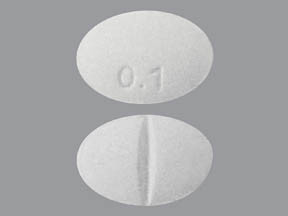
No Reviews Yet